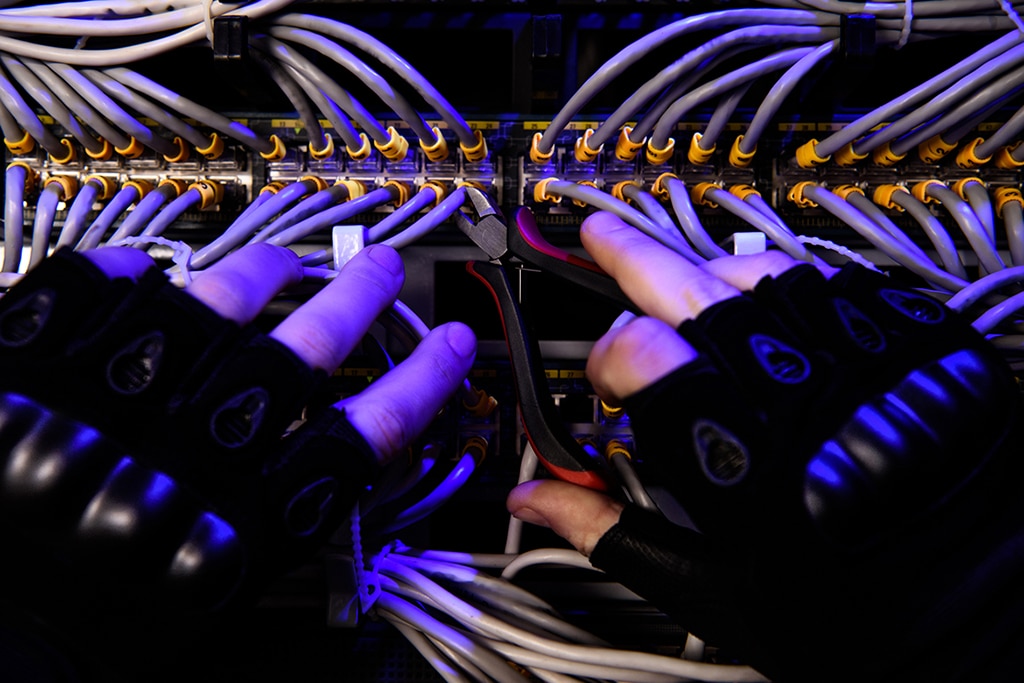
Oluwapelumi is a believer in the transformative power Bitcoin and Blockchain industry holds. He is interested in sharing knowledge and ideas. When he is not writing, he is looking to meet new people and trying out new things.
Elliptic reported that as of November 9, hacks and related cases across DeFi platforms spiked to $10.5 billion in a single year from the $1.5 billion mark in 2020.

There is no doubt that decentralized finance is one of the fastest-growing niches in crypto. In fact, its growth exploded sporadically at the start of 2021, and so far, it has reached milestones in total value locked which now stands around $260 billion, according to available data from DeFillama.
DeFi protocols run financial services like borrowing and lending alongside others that were hitherto tied to the traditional financial system. But with their recent growth, they have been able to exterminate the need for financial intermediaries and redefine the existing financial system.
However, despite these advantages, they are very vulnerable to frauds and hacks. According to a new report by blockchain data analytics firm Elliptic, frauds, theft, hacks, and other illicit activities are growing alongside DeFi’s popularity.
Elliptic reported that as of November 9, hacks and related cases across DeFi platforms spiked to $10.5 billion in a single year from the $1.5 billion mark in 2020, representing an increase of 600%. DApps on Ethereum, the most popular network for DeFi accounts for $8.6 billion of the losses, while Binance Smart Chain recorded $2.5 billion losses.
The report noted that tons of these DeFi losses are due to bug and code exploits. In most cases, attackers leveraged on the vulnerability in the smart contract code of some of these protocols to exploit their operations.
A common example is the use of flash loans to exploit a DeFi platform. Additionally, the Admin keys exploit is also another way that hackers tend to use to move funds out of the system.
Tom Robinson, the chief scientist at Elliptic said that DeFi technology has also become a tool for money laundering. In his words, “DeFi has become an important tool for money launderers, including those looking to cash-out proceeds of thefts from exchanges based in Asia.”
Robinson also called on regulators to pay more attention to the space because the stolen funds from this space are being moved through various decentralized finance applications.
Notably, some regulators are already paying attention to space.
One such regulator is the Financial Action Task Force (FATF) who said in its latest guidance published last month that operators of DeFi would be treated as Virtual asset service providers. This means they will be subject to anti-money laundering and counter-terrorist finance standards.
Apart from the FATF, other regulators like the Securities and Exchange Commission (SEC) has also been paying a more cursory look at the space as it recently began questioning how Uniswap Labs, the parent company of Uniswap (a leading decentralized exchange), markets its services and how investors use its platform.
Disclaimer: Coinspeaker is committed to providing unbiased and transparent reporting. This article aims to deliver accurate and timely information but should not be taken as financial or investment advice. Since market conditions can change rapidly, we encourage you to verify information on your own and consult with a professional before making any decisions based on this content.

Oluwapelumi is a believer in the transformative power Bitcoin and Blockchain industry holds. He is interested in sharing knowledge and ideas. When he is not writing, he is looking to meet new people and trying out new things.




